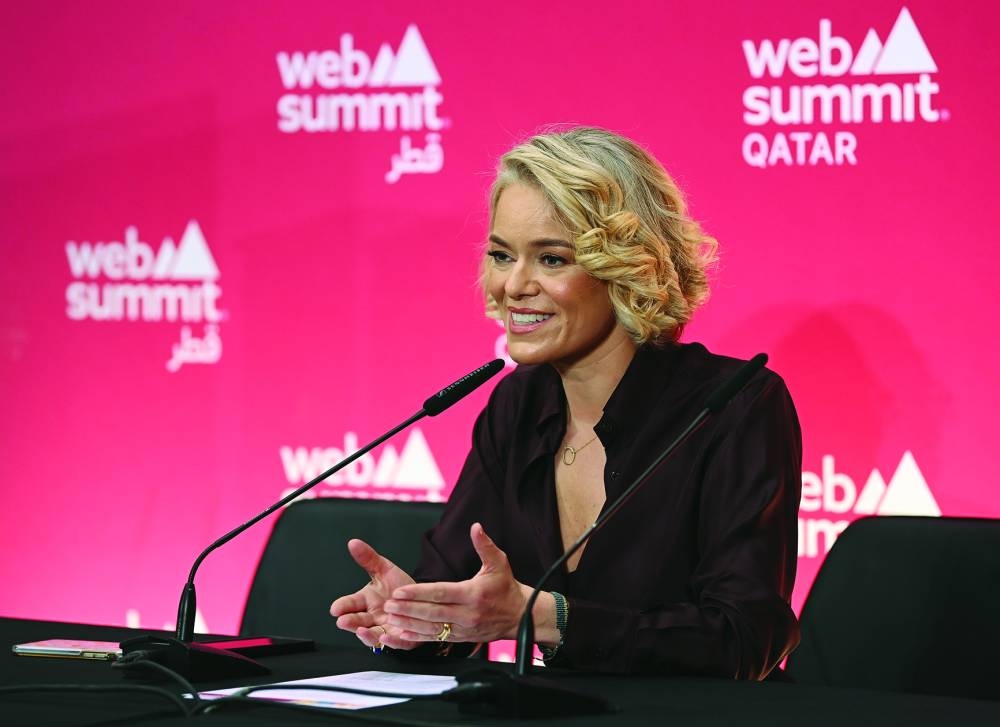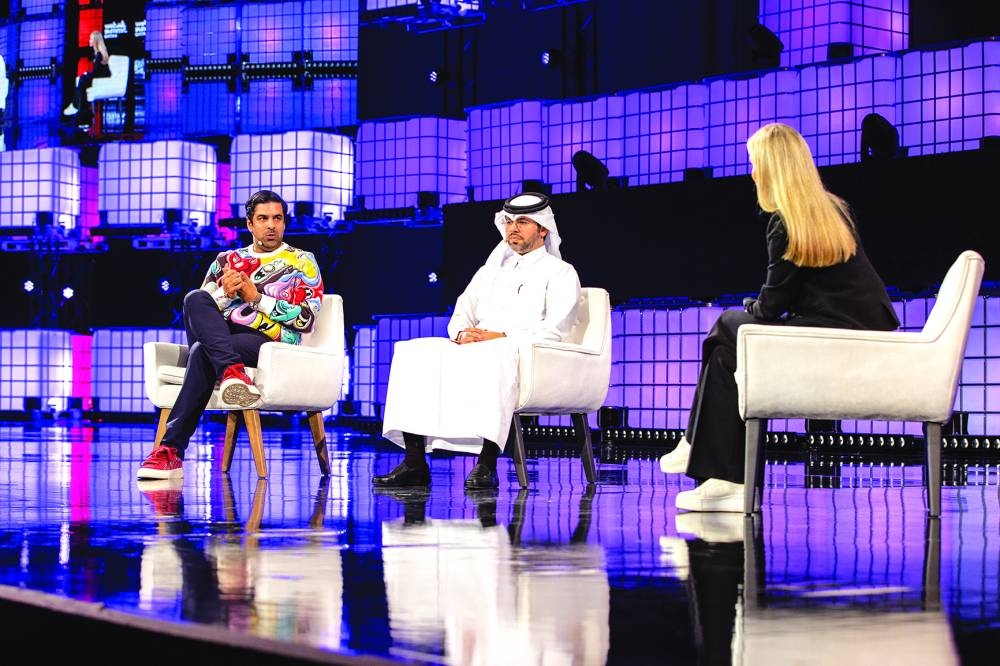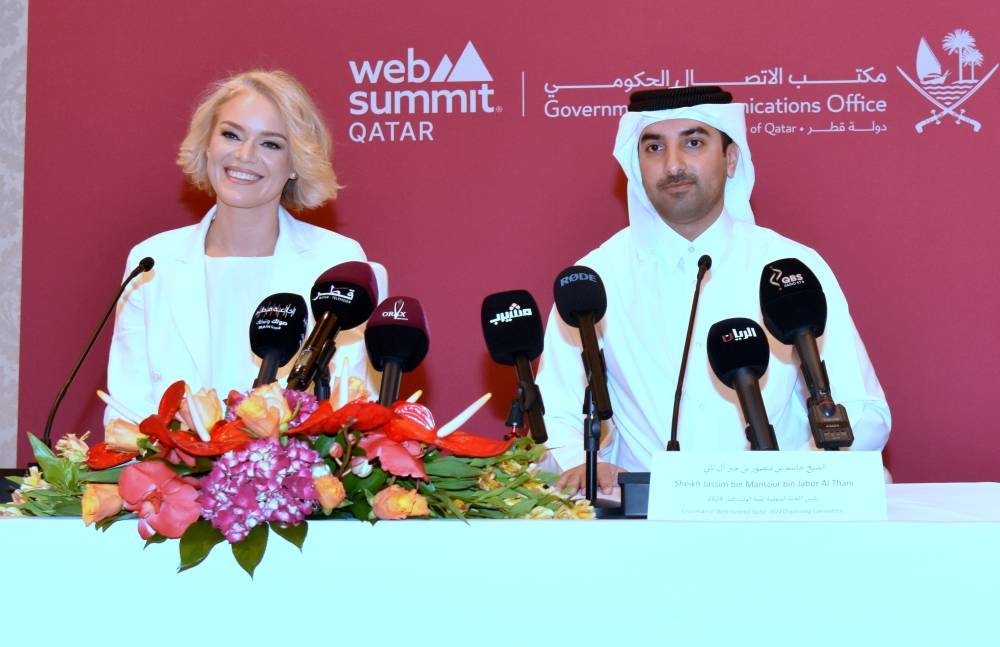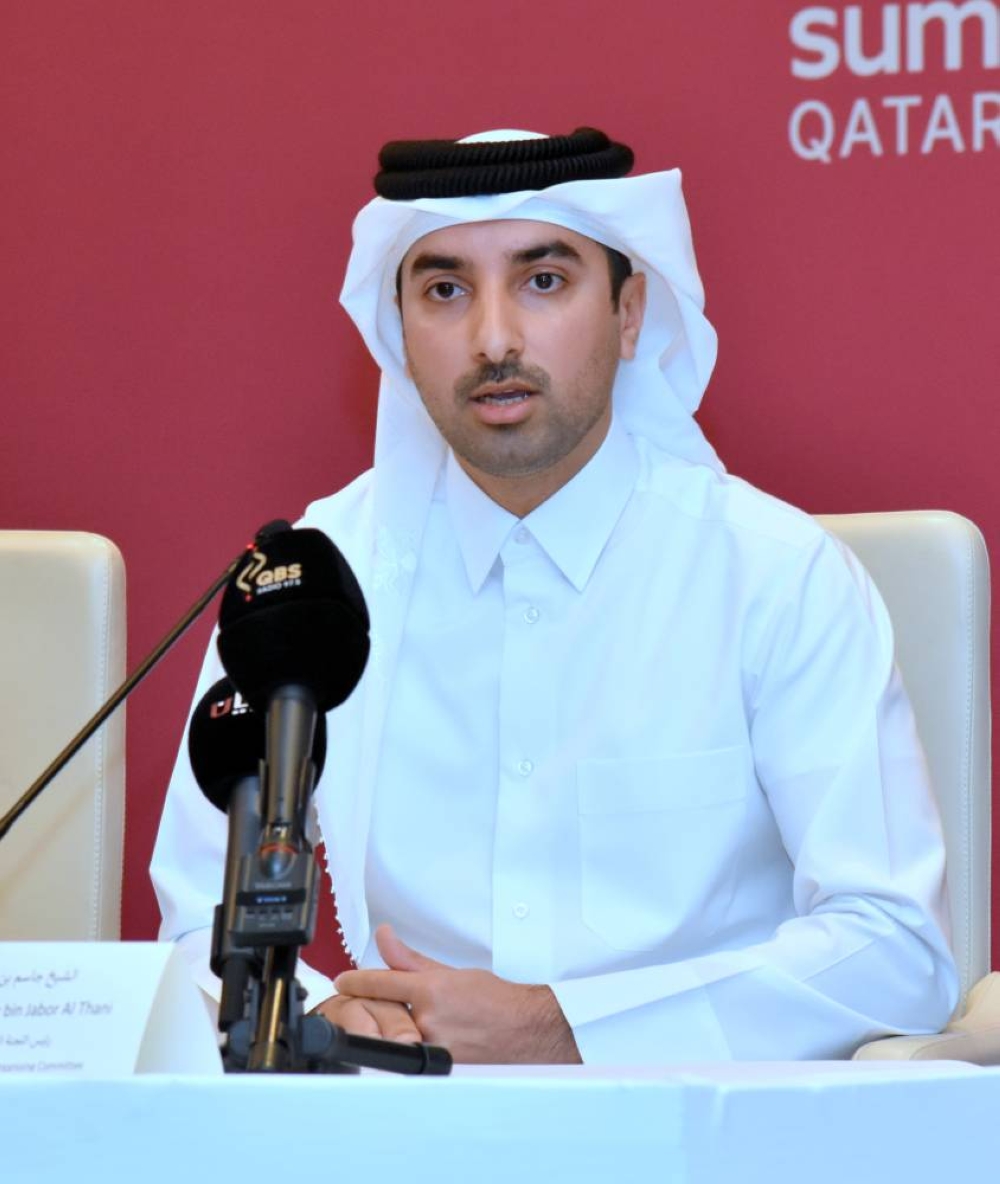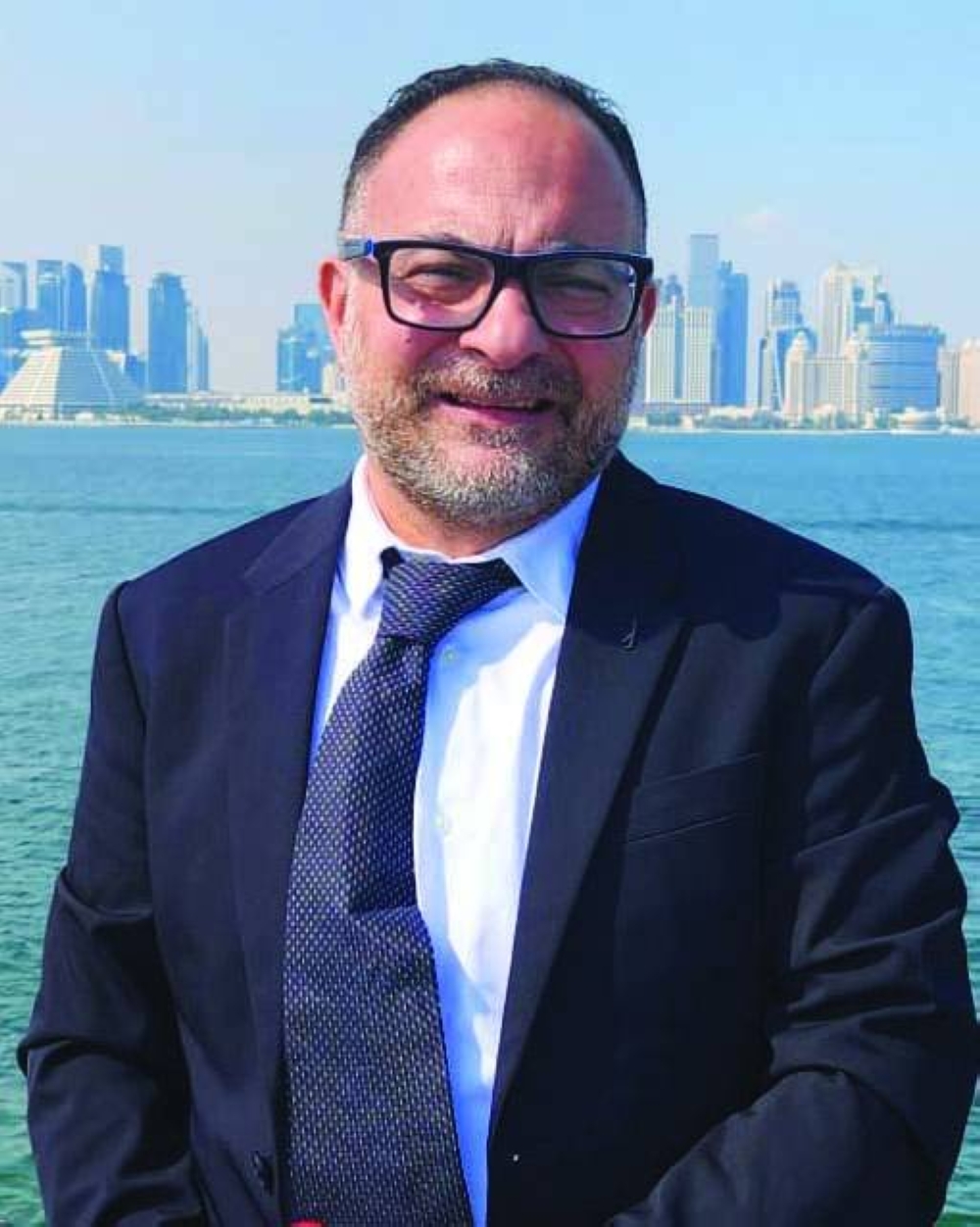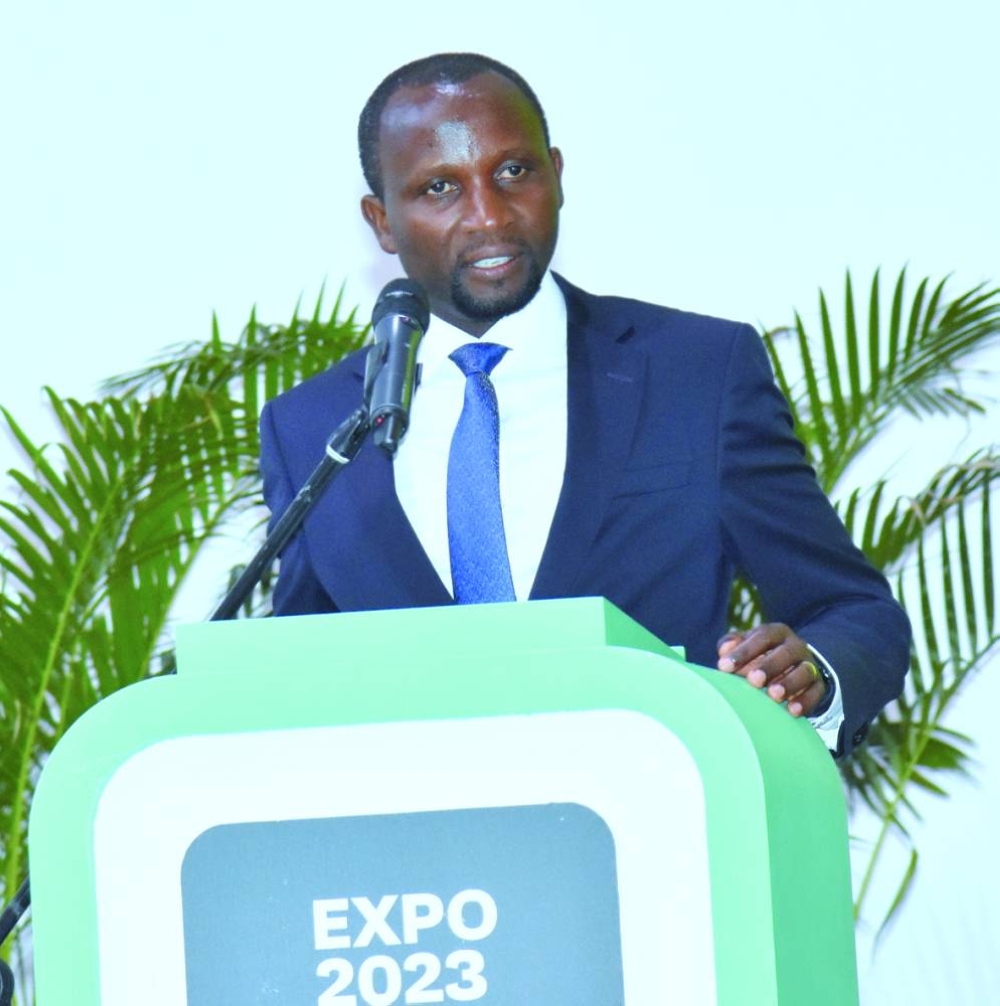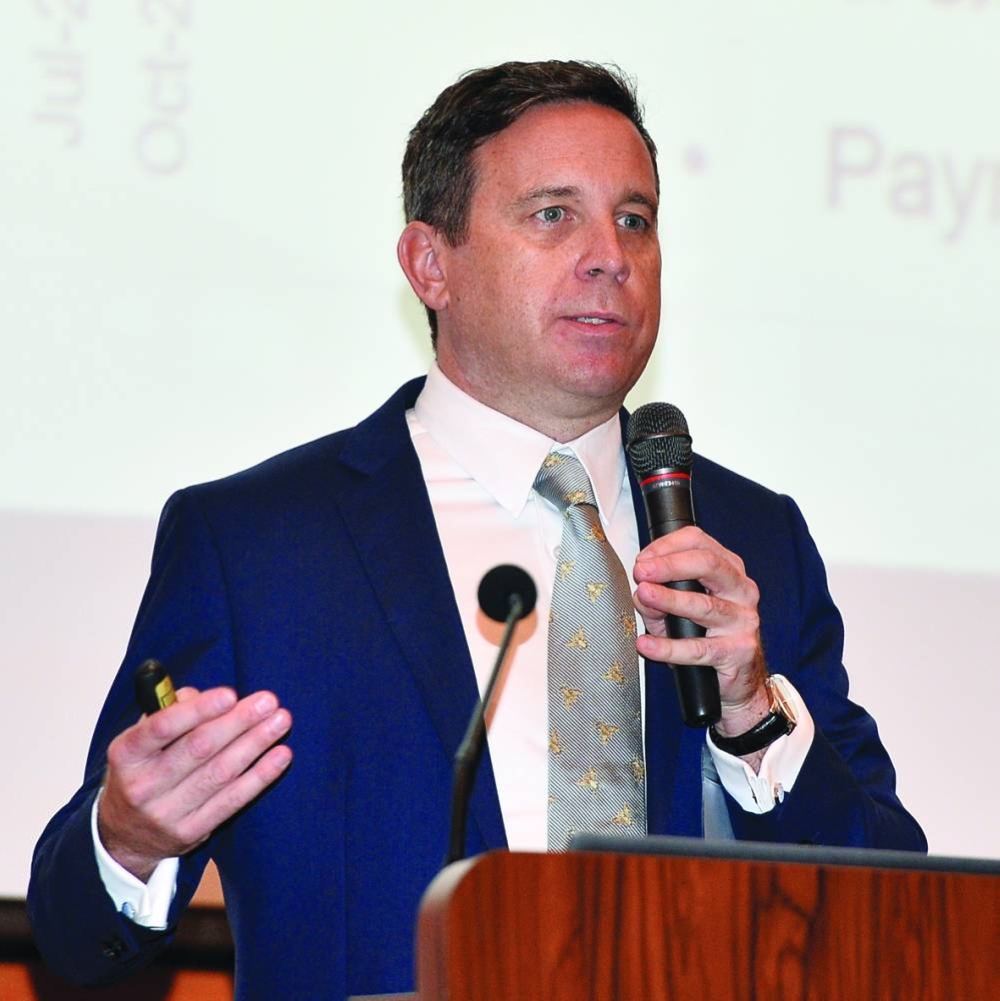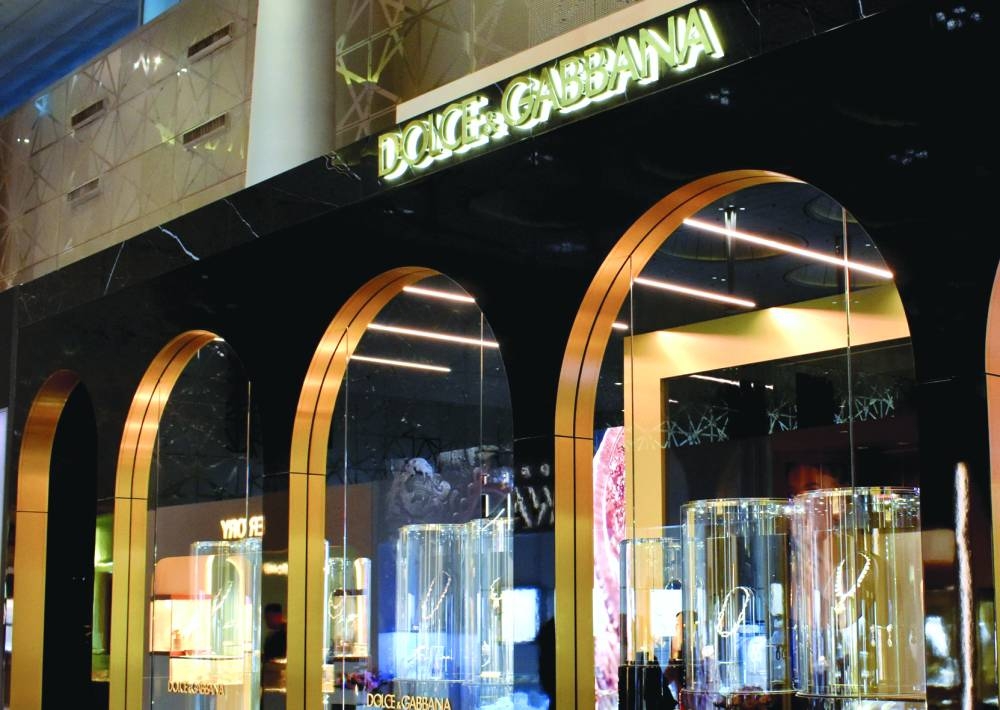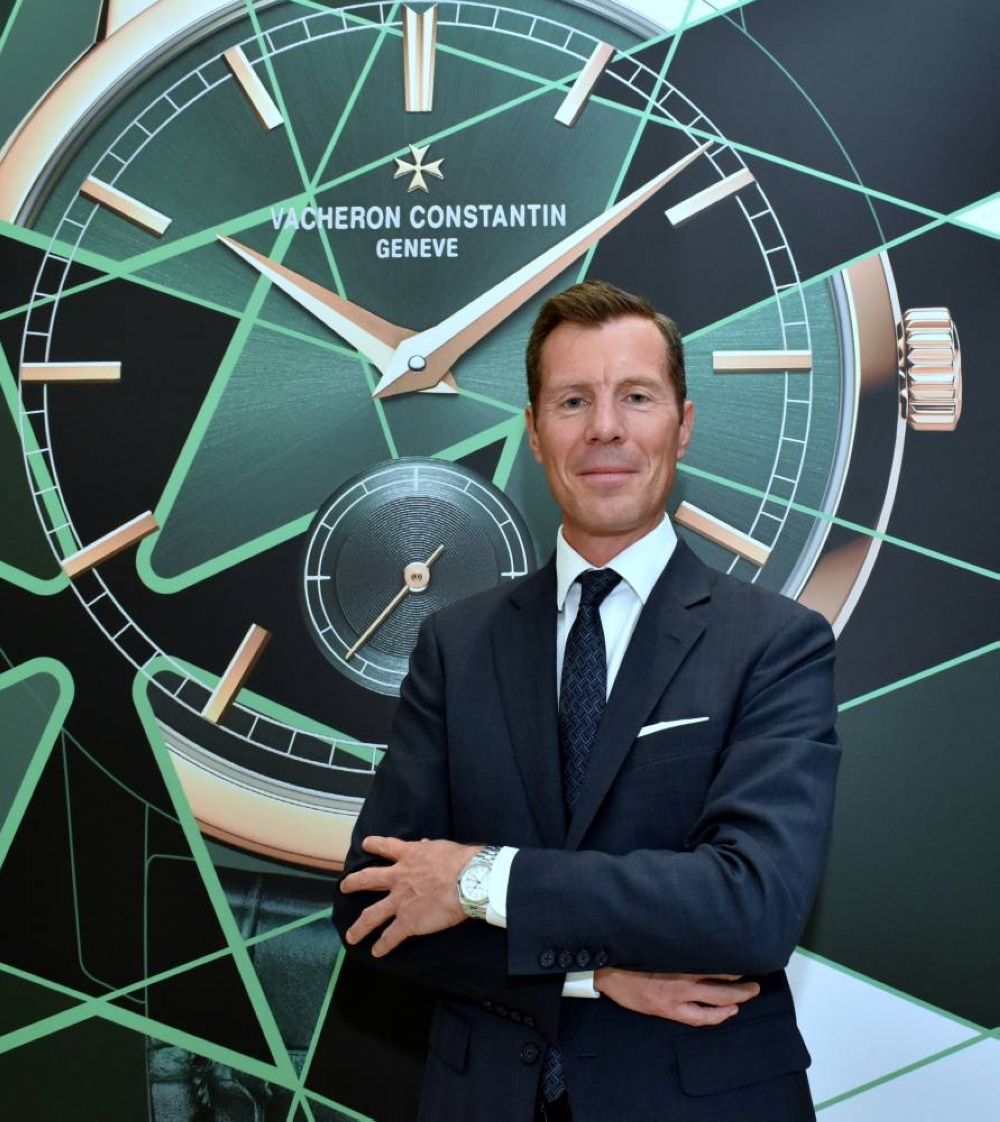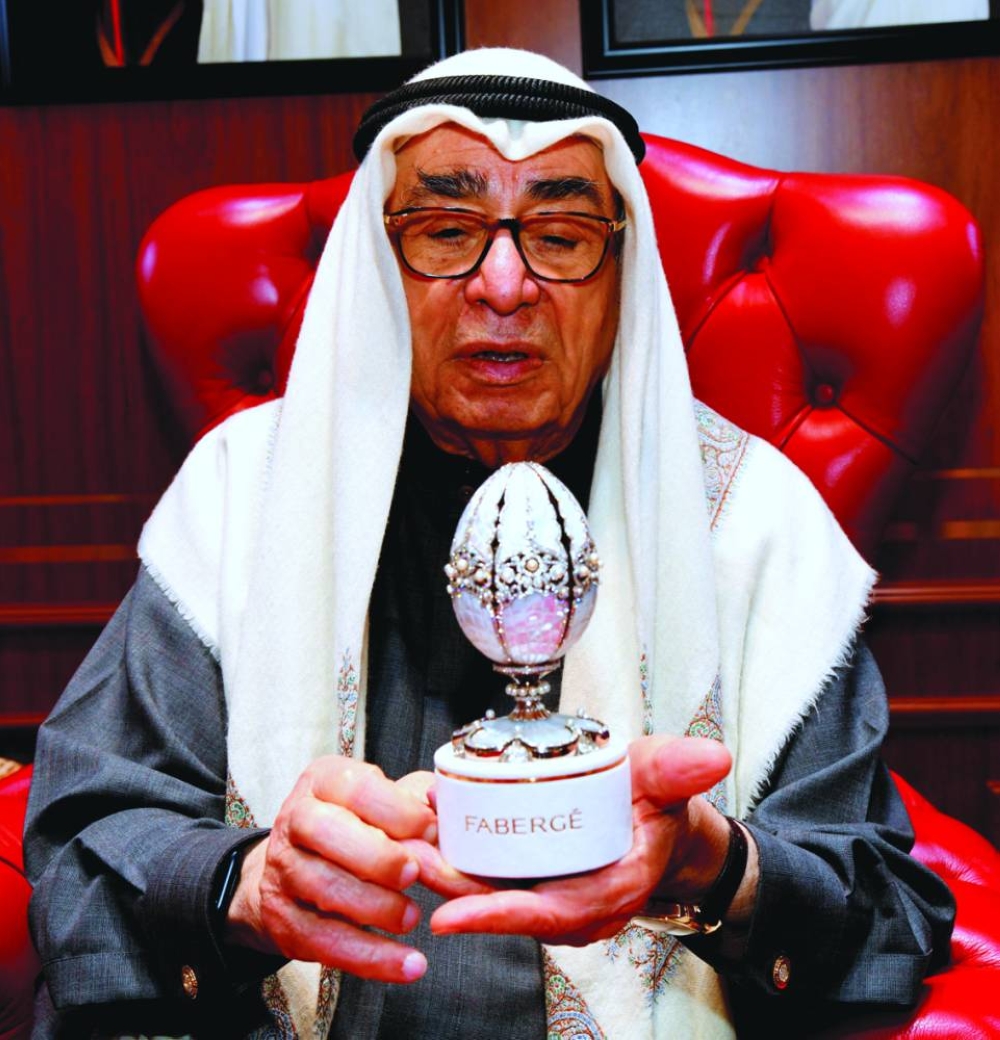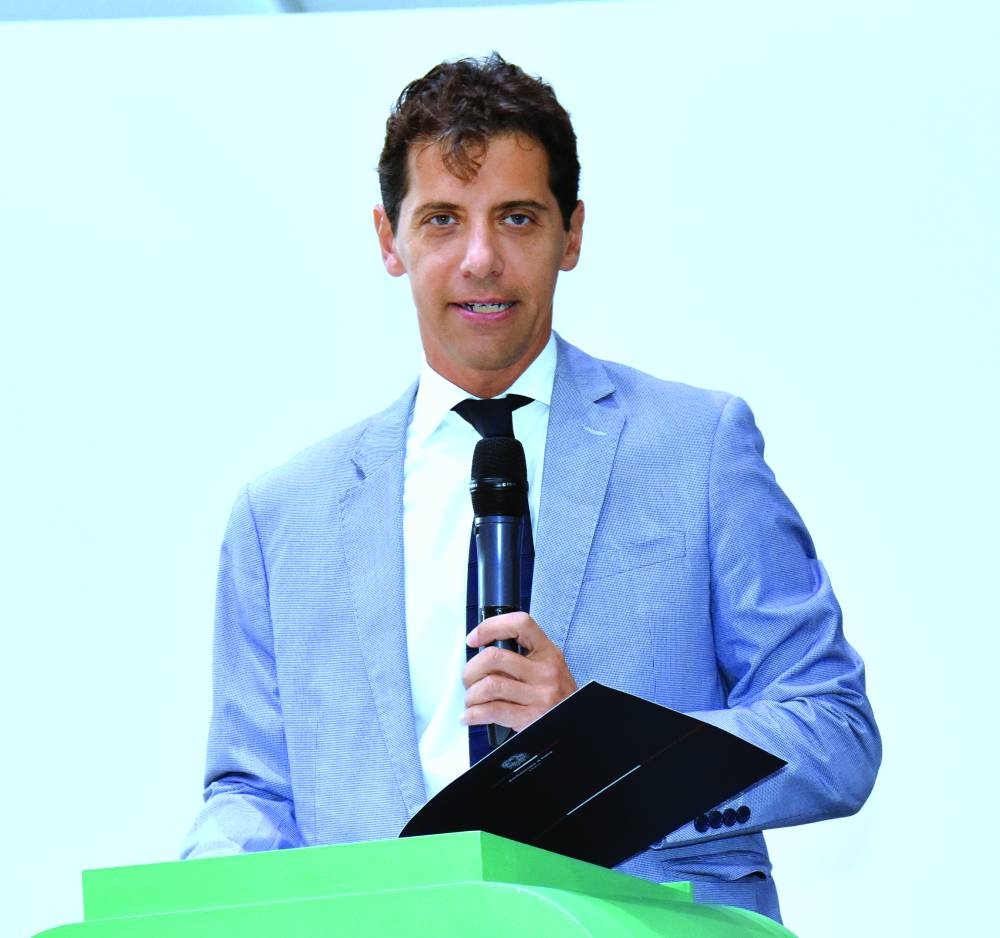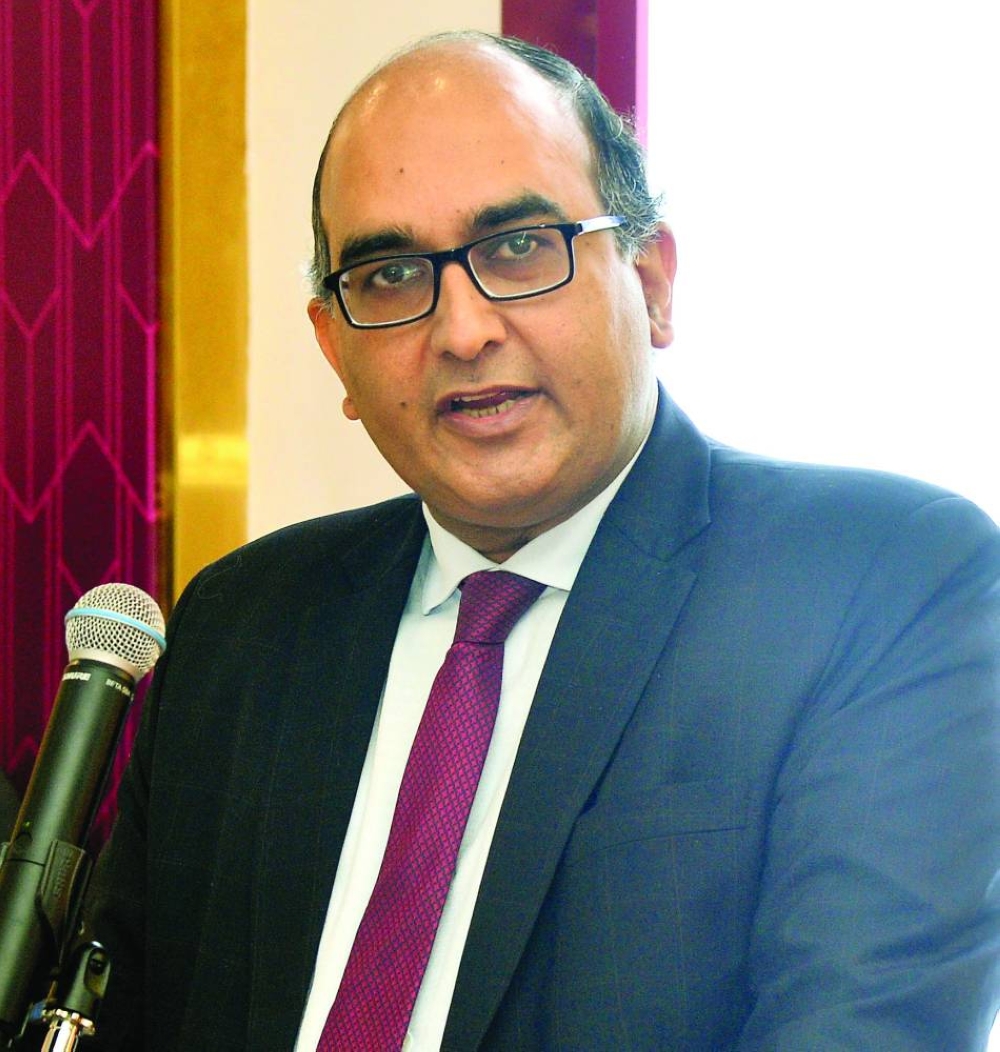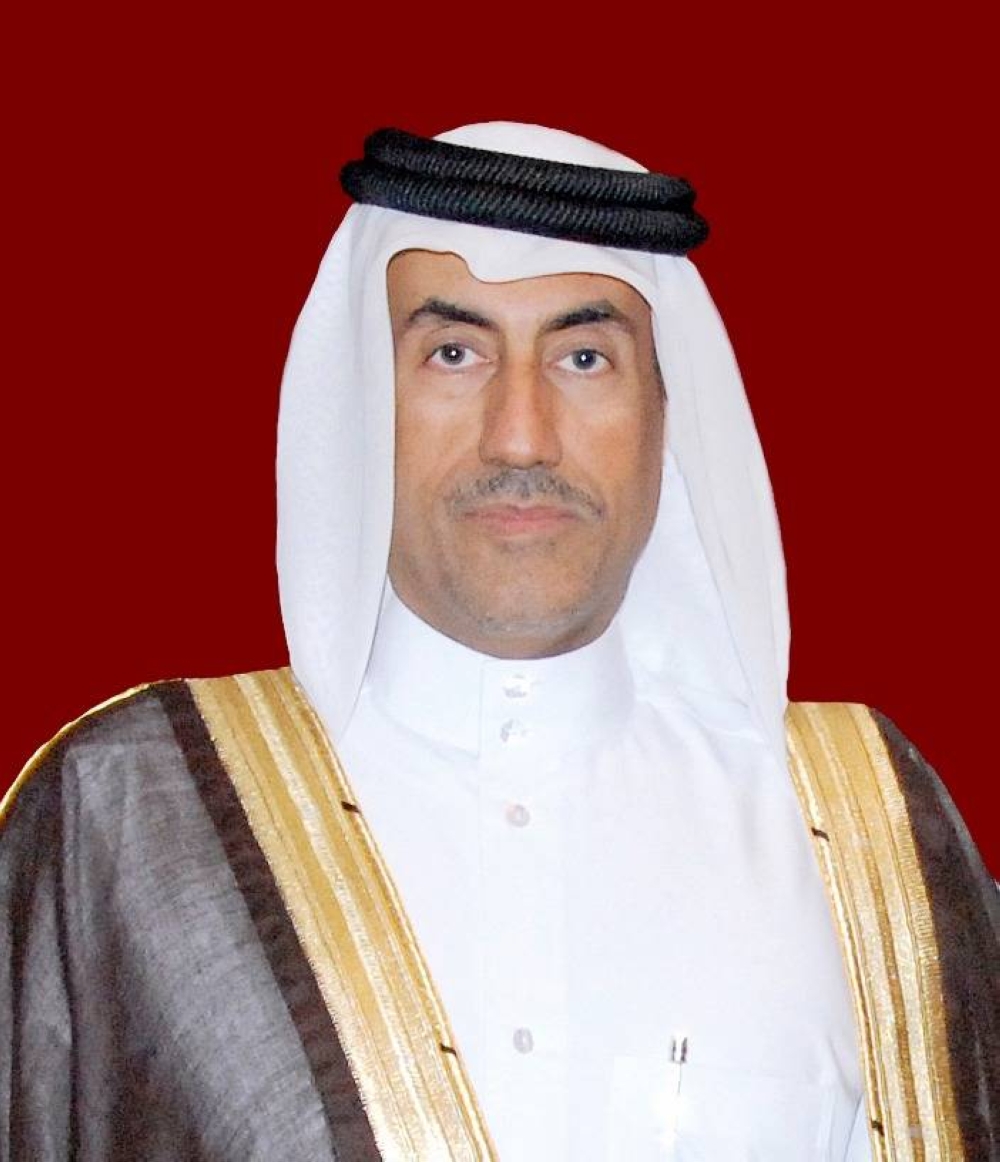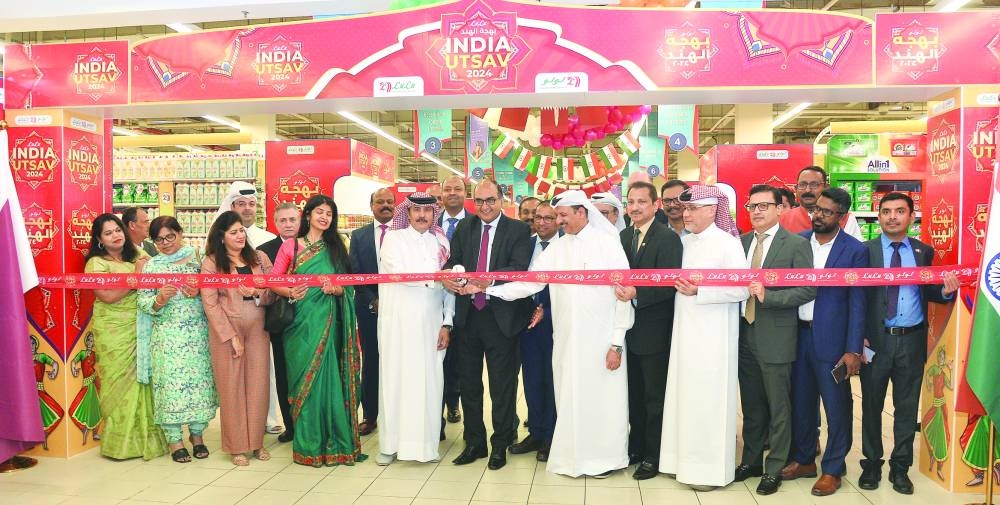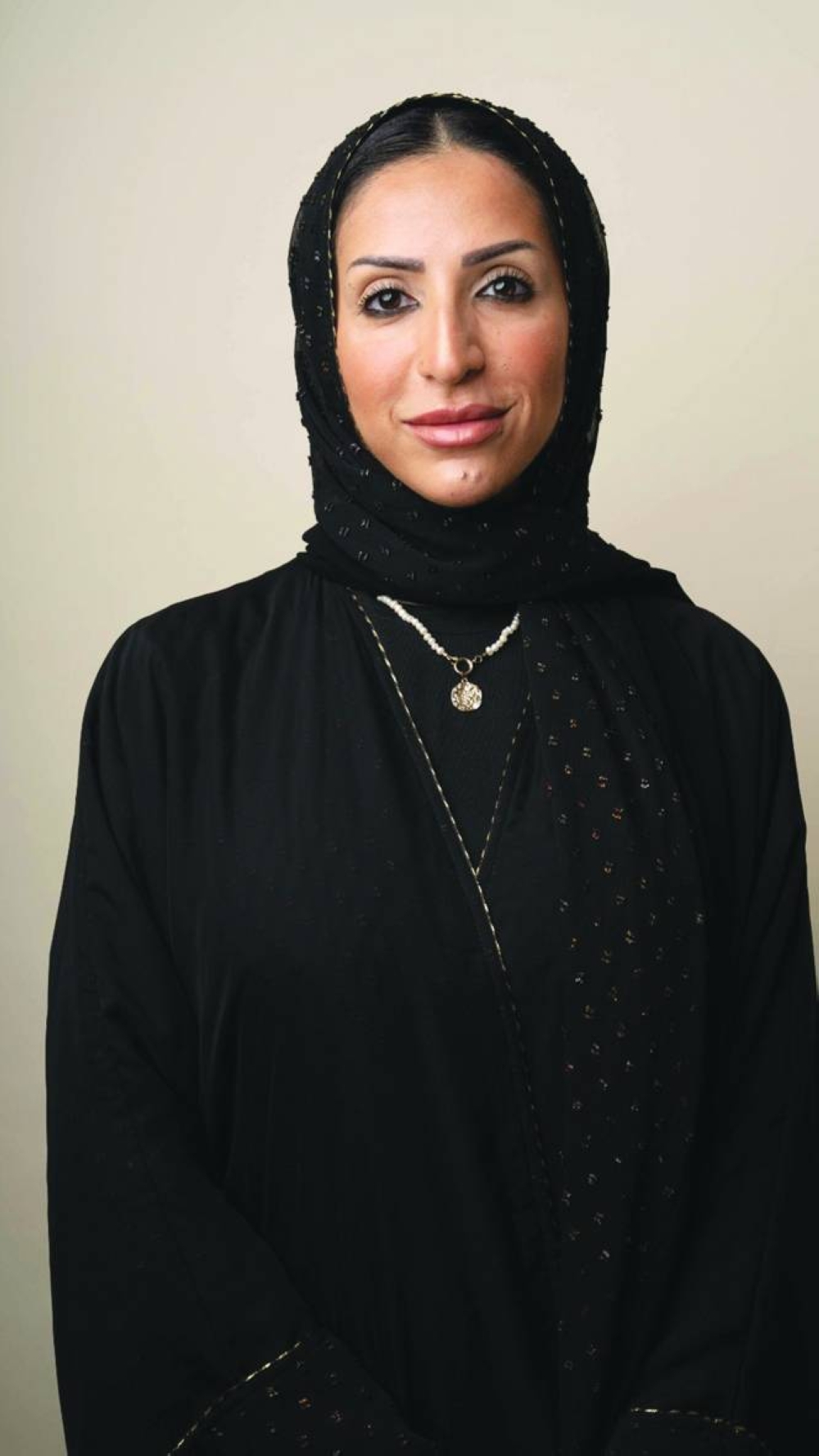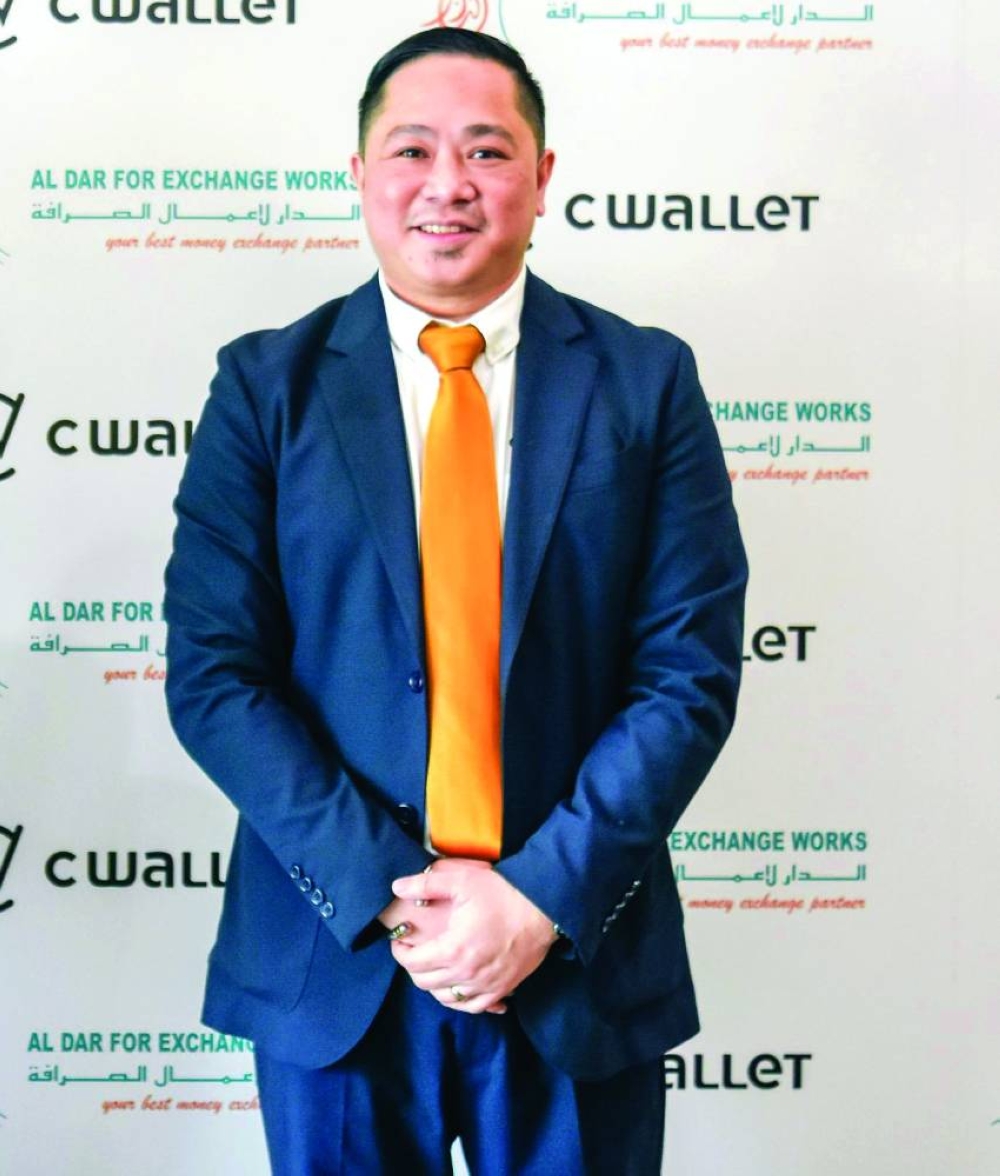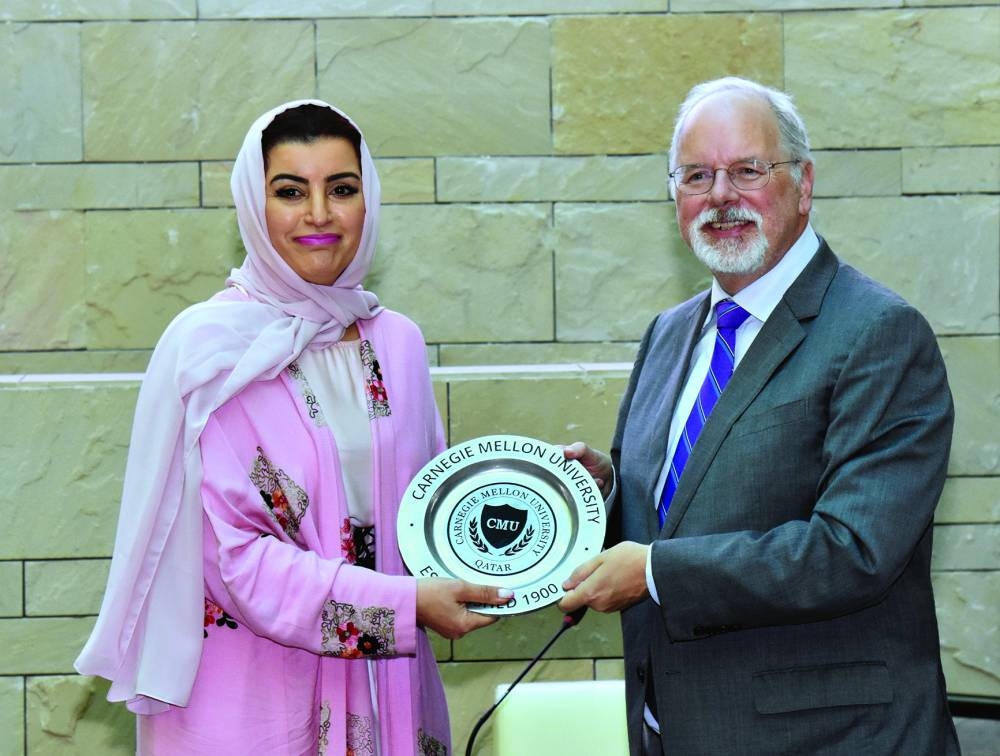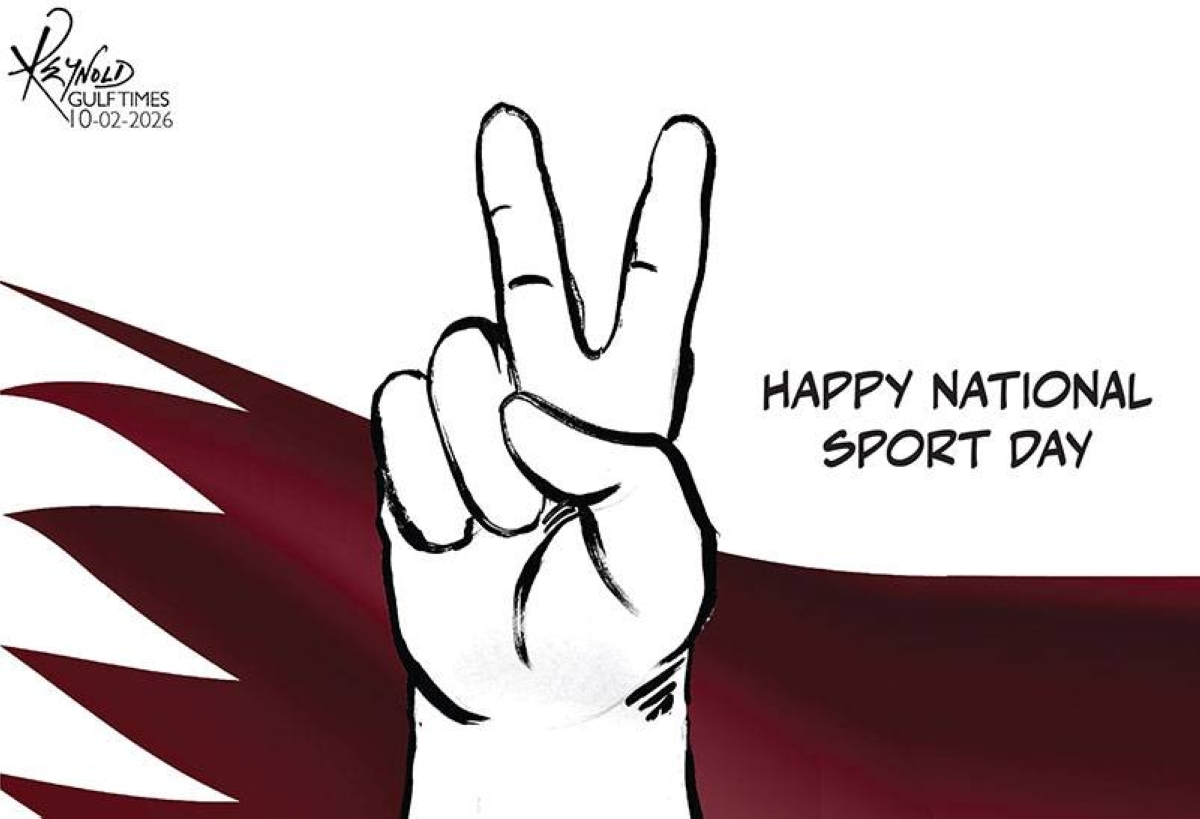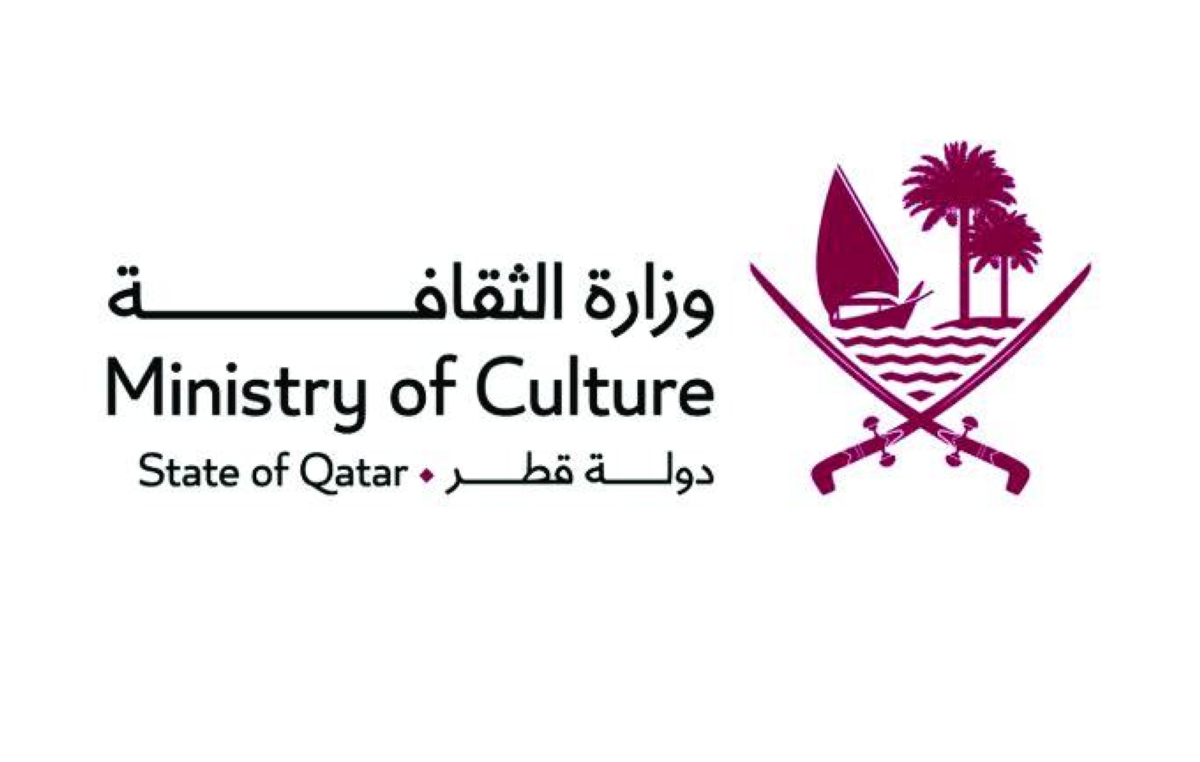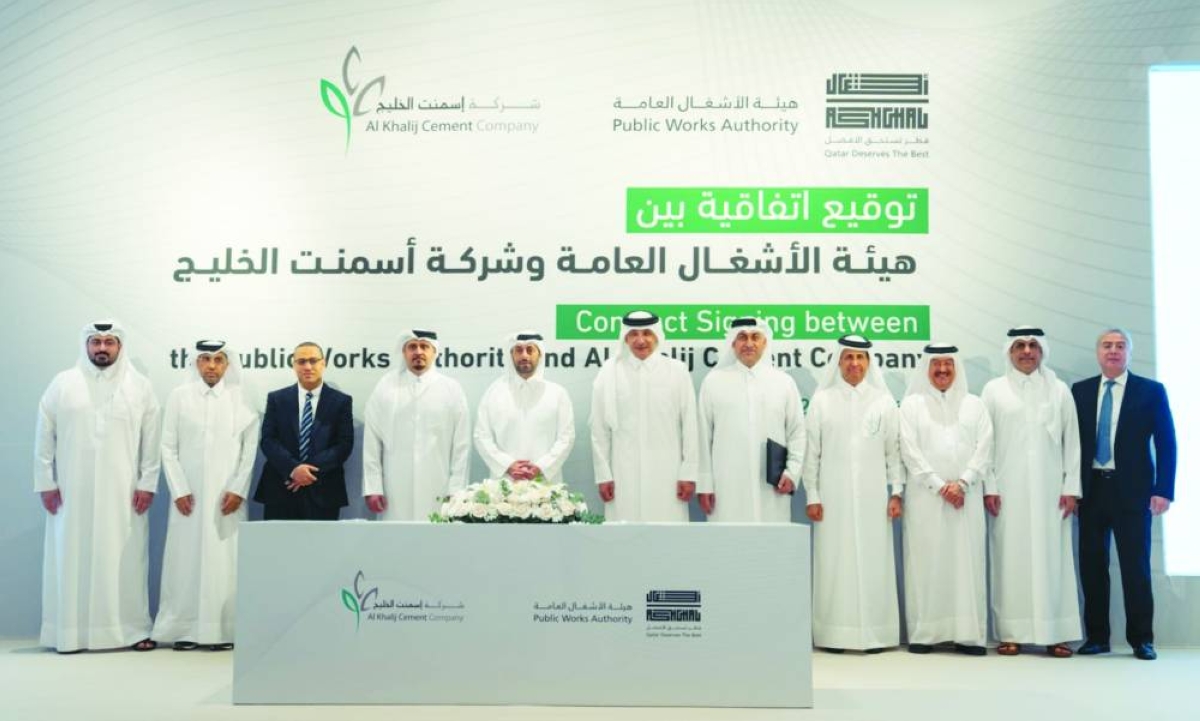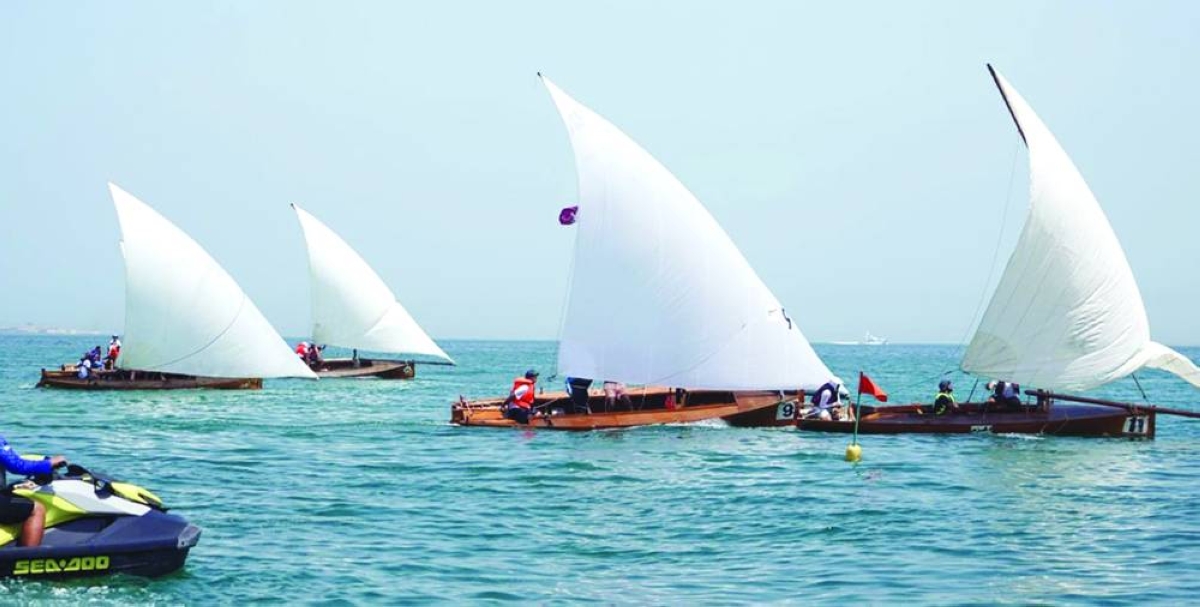Web Summit Qatar, the first in the country and the region, recorded an impressive participation of women during the event, according to Web Summit CEO Katherine Maher.Speaking at a press conference Tuesday, Maher said: “37% of our attendees are women and 30% are female speakers, two figures that we’re quite proud of. As you know, in all of our global events, we have a strong focus on women and technology and seek to always continue to improve those ratios towards gender parity.”One in three startups participating in the startup programme has a woman on the founding team, Maher emphasised. Also, the Women in Tech Lounge will welcome organisations, including Women of Qatar and Women Techmakers, along with thousands of women in tech attendees from all over the world.According to Maher, Web Summit had anticipated about 7,500 attendees this year. However, 15,453 attendees from 118 countries gathered at the event, which will run until February 29 at the Doha Exhibition and Convention Centre (DECC).She said Web Summit Qatar is “the largest gathering of startups in the Middle East” with 1,043 startups from 81 countries showcasing their vision to attendees on the event floor. Ten percent of attending startups come from Qatar, while 20% come from Africa, and 50% from the wider Mena region.As many as 401 investors from 46 countries and some of the largest funds in the world have attended the event to explore investment opportunities in one of the fastest-growing markets in the world and to meet the next generation of startups.Maher also thanked His Highness the Amir Sheikh Tamim bin Hamad al-Thani, who toured the venue and met some of the partners and several participating startups. Similarly, Maher lauded Qatar’s $1bn investment in both international and regional venture capital funds, which was announced by HE the Prime Minister and Minister of Foreign Affairs Sheikh Mohamed bin Abdulrahman bin Jassim al-Thani during Web Summit Qatar’s opening night.“The first-ever venture capital funds programme is meant to foster innovation in the startup ecosystem and to attract international VCs and startups to the GCC. As His Excellency emphasised, technological innovation is rapidly advancing and it is our collective duty to ensure that this progress continues to serve the greater good by balancing innovation with ethical principles and guiding progress with moral wisdom for the benefit of all,” Maher said.

Peter Alagos
Peter Alagos reports on Business and general news for Gulf Times. He is a Kapampangan journalist with a writing career of almost 30 years. His photographs have been published in several books, including a book on the 1991 Mt. Pinatubo eruption launched by former Philippine president Fidel V. Ramos. Peter has also taught journalism in two universities.
Most Read Stories

